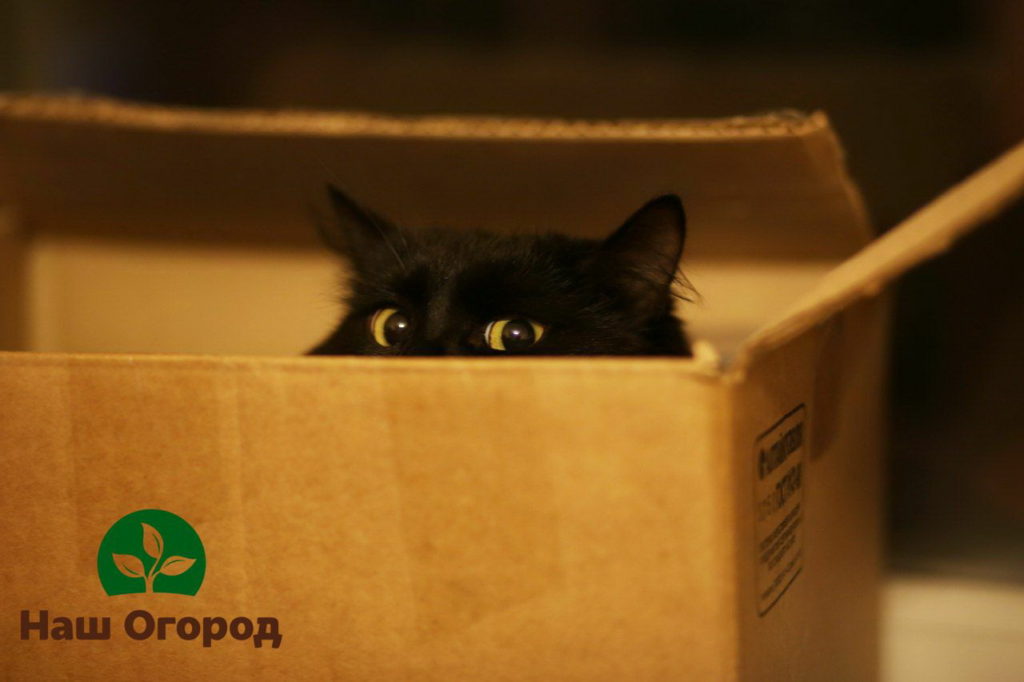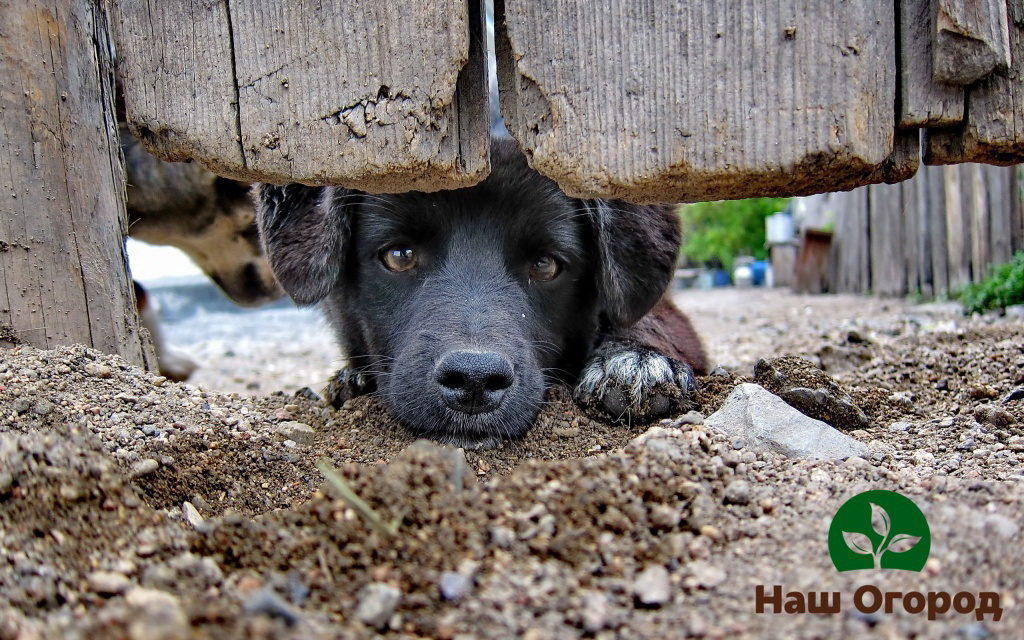Should you bring pets to your garden?
In the last decade, a new trend has emerged in cities: the majority of city dwellers, even the busiest and most successful, are eager to move into their own homes, enjoying the unity with nature. They are not embarrassed by a few hours of travel to work and back, as their priority is nature and, of course, their own harvest. Some lucky ones make their dream come true and move from a dusty noisy metropolis to their homes with an adjoining vegetable garden, after work and on weekends, doing its arrangement and making it aesthetically pleasing. And of course, buyers of such plots carry the whole family with them, as well as their pets. And if, as a rule, you don't have to worry about the emotional state and other dangers of the family, then pets need special control and care. On this topic, and our article.
In the garden and in its surroundings, various unpleasant moments can lie in wait for pets. They can be pet-loving and aggressive gardening companionship neighbors. Also, agricultural machinery such as tractors, excavators and similar units, which can not only scare a pet, are also dangerous.

One of the most threatening health and even life of pets in the garden is possible snakes, hares (which, by the way, bite very painfully) and other aggressive rodents. Pets, especially cats, are used to living in a domestic urban environment, so they do not know whether to be afraid of other animals or, on the contrary, run around with them in the garden beds and play. Therefore, before transporting your pets to nature, it is necessary to prepare for the arrival of animals, both the animals themselves and the garden, in order to avoid spoiled crops.
If you are planning to transport a dog, then you need to carefully prepare a summer cottage. It is necessary to additionally strengthen the country fence, sealing up all passable cracks. The height should be calculated so that the pet cannot jump over. For too freedom-loving and aggressive dogs, it is necessary to place an aviary in the garden, the walls of which are also strengthened for additional protection

To protect your quadrupeds from various poisonings, you should carefully monitor that the dog or cat does not eat anything from the beds or between them. Pets are accustomed to homemade food, and even a completely non-poisonous vegetable or grass can greatly undermine the health of a friend who is not used to a gardening life.
Also, the danger to the lifespan of pets can be represented by various chemical solutions with which the trunks of fruit trees and plants are treated from the attack of pests.
Therefore, if you process your garden in this way, you need to take care of maximizing the isolation of the pet from the treated surfaces for the necessary time until the chemical solution is absorbed into the plants. It is better not to use nitrogen or chlorinated fertilizers at all, since they are a serious threat to the pet's life, and private territories are not rich in veterinarians who can provide urgent medical care. If a swimming pool is located on your garden area, then you need to provide that if it gets into it, the pet can also easily get out. If you decide to breed chickens or goats, then you also need to be prepared for the fact that the pet will definitely drive them around the yard, and the excessive fright of livestock can lead to the reduction of their products to a minimum.
Among other things, in order to avoid the unpleasant incidents of pets going to the toilet directly on the beds with planted vegetables and berries, it is necessary that the beds are always watered (pets will always choose dry and loose soil).

